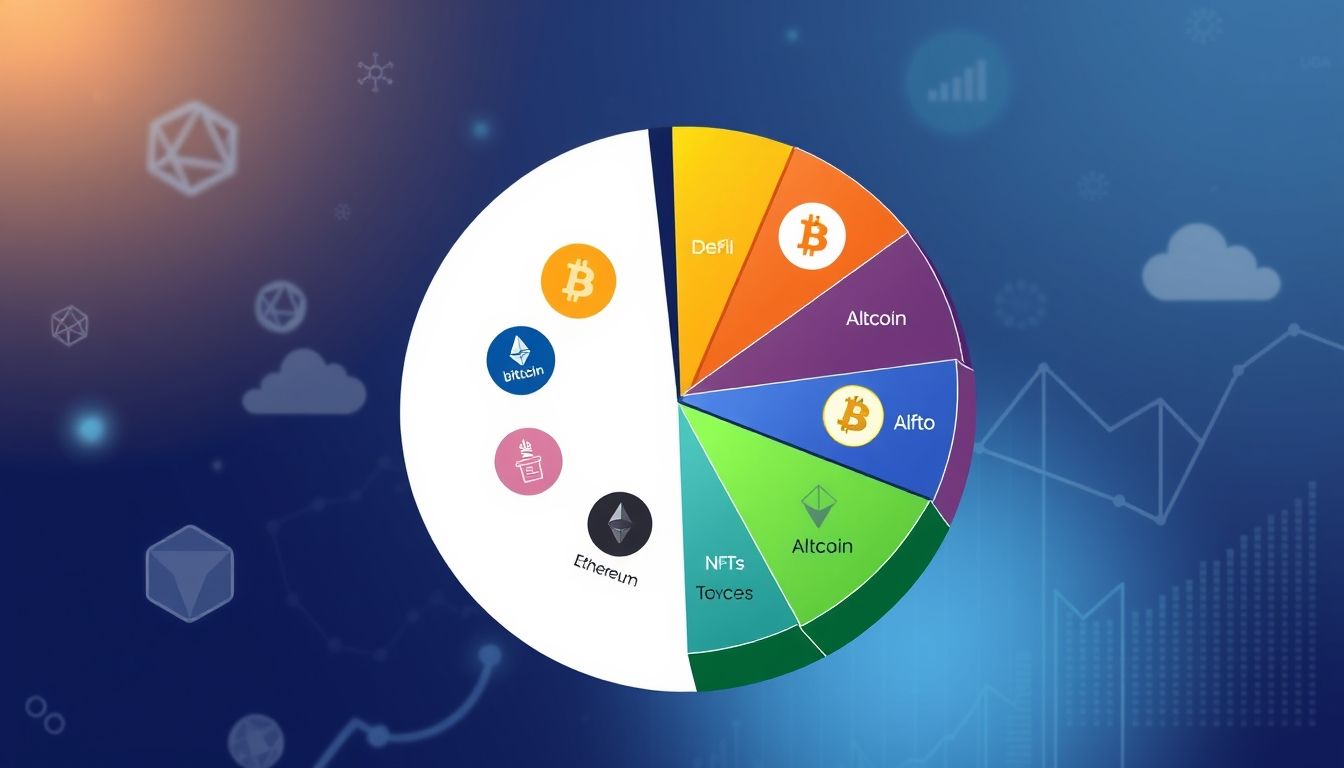Bitcoin in the Arab World: Investment Opportunity or Digital Bubble?
Bitcoin, the decentralized digital currency, is a hot topic in financial and economic circles around the world, including the Arab world. This cryptocurrency raises fundamental questions about the future of money and investment, and questions are raised about its suitability for the economic and social conditions in the Arab region.
1. What is Bitcoin and How Does it Work?
Bitcoin is a digital currency that relies on Blockchain technology. It is characterized by being decentralized, meaning it is not subject to the control of any central bank or financial institution. Transactions are verified and recorded in a public digital ledger called the Blockchain, making it secure and transparent.
- Decentralization: No central authority controls Bitcoin.
- Transparency: All transactions are recorded in the Blockchain.
- Security: Encryption technology is used to protect transactions.
- Scarcity: The number of Bitcoins is limited to 21 million units.
2. Bitcoin as an Alternative Investment: Advantages and Disadvantages
Bitcoin is considered an alternative investment option to stocks, bonds, and real estate. It is characterized by high volatility, which means the possibility of achieving large profits in a short period, but it also carries the risk of large losses.
Advantages:
- Potential for High Profits: Bitcoin has seen significant increases in its value over the years.
- Hedge Against Inflation: Some consider it a safe haven in times of inflation.
- Decentralization: Avoiding the control of governments and financial institutions.
- Ease of Transfer: It can be easily transferred online.
Disadvantages:
- High Volatility: It may lose its value significantly in a short period.
- Security Risks: Risk of hacking and theft of digital wallets.
- Lack of Regulation: Absence of organized laws and regulations.
- Energy Consumption: The Bitcoin mining process consumes large amounts of energy.
3. Legal Status of Bitcoin in Arab Countries
The legal status of Bitcoin varies from one Arab country to another. Some countries prohibit its trading and use, while others allow it in a limited manner, and others are still studying the matter.
| Country | Legal Status |
|---|---|
| Egypt | Prohibited |
| Saudi Arabia | Prohibited |
| United Arab Emirates | Permitted with some restrictions |
| Bahrain | Permitted with some restrictions |
4. Factors Affecting the Future of Bitcoin in the Arab World
The future of Bitcoin in the Arab world is affected by several factors, including:
- Legal Regulation: Issuing clear and organized laws and regulations.
- Awareness and Knowledge: Increasing awareness of the importance of Bitcoin and how to use it.
- Economic Stability: The economic conditions in the region.
- Institutional Adoption: Acceptance of Bitcoin by financial institutions and companies.
5. Opportunities and Challenges of Adopting Bitcoin in the Arab Region
Adopting Bitcoin in the Arab region brings opportunities and challenges:
Opportunities:
- Promoting Financial Inclusion: Access to financial services for individuals not dealing with banks.
- Facilitating Financial Transfers: Reducing the cost and speed of cross-border transfers.
- Attracting Investments: Attracting foreign investments to the region.
- Supporting Innovation: Promoting innovation in the field of financial technology.
Challenges:
- Security Risks: Protecting users from fraud and hacking.
- Price Volatility: Managing the risks associated with price fluctuations.
- Legal Regulation: Developing appropriate laws and regulations.
- Awareness and Knowledge: Educating the public about the importance of Bitcoin and how to use it.
6. Potential Uses of Bitcoin in the Arab World
Bitcoin can be used in many areas in the Arab world, including:
- Online Payments: Facilitating online payments.
- Financial Transfers: Sending and receiving money across borders.
- Investment: Diversifying investment portfolios.
- E-commerce: Supporting e-commerce.
7. Impact of Bitcoin on the Traditional Financial Sector in the Arab World
The adoption of Bitcoin may affect the traditional financial sector in the Arab world, as it may reduce reliance on traditional banks and increase competition in the financial sector.
8. Tips for Arab Investors Interested in Investing in Bitcoin
If you are thinking about investing in Bitcoin, here are some tips:
- Do Thorough Research: Before investing, learn as much as you can about Bitcoin and how it works.
- Only Invest What You Can Afford to Lose: Do not invest money you need to cover your basic expenses.
- Diversify Your Investment Portfolio: Do not put all your money in Bitcoin.
- Use Reliable Trading Platforms: Choose trading platforms with a good reputation.
- Keep Your Digital Wallet Secure: Use strong passwords and enable two-factor authentication.
9. The Future of Bitcoin in Light of Technological Developments
With continuous technological developments, Bitcoin may witness significant developments in the future, such as increasing transaction speed, reducing costs, and improving security.
10. Conclusion: Is Bitcoin a Real Opportunity for the Arab World?
Bitcoin holds promising opportunities for the Arab world, but at the same time, it carries risks and challenges. Its future in the region depends on legal regulation, public awareness, and institutional adoption. Arab investors should deal with Bitcoin cautiously and rationally, and conduct thorough research before making any investment decision.
Disclaimer: This article is for informational purposes only and does not constitute investment advice. You should consult a qualified financial advisor before making any investment decision.




